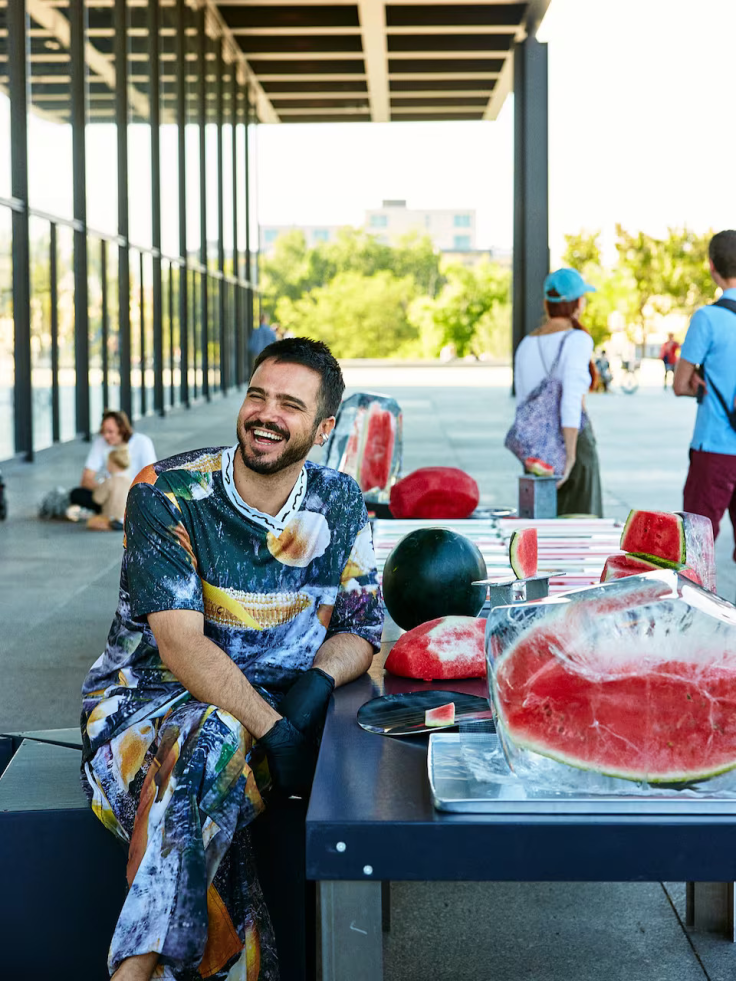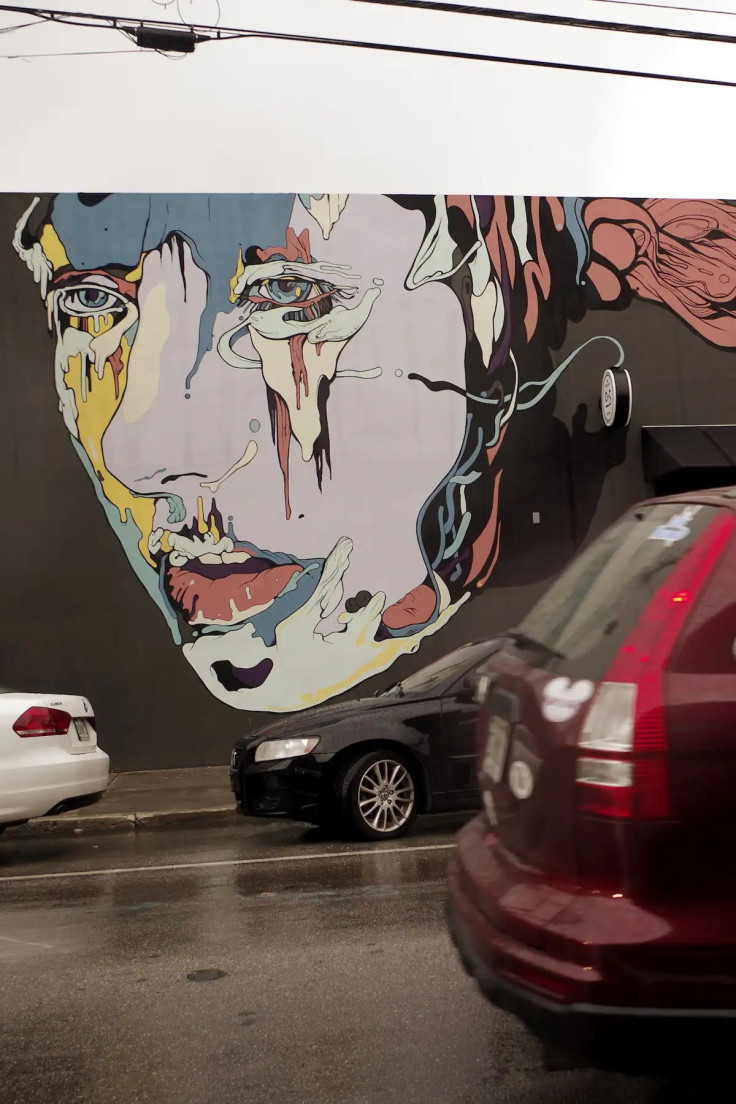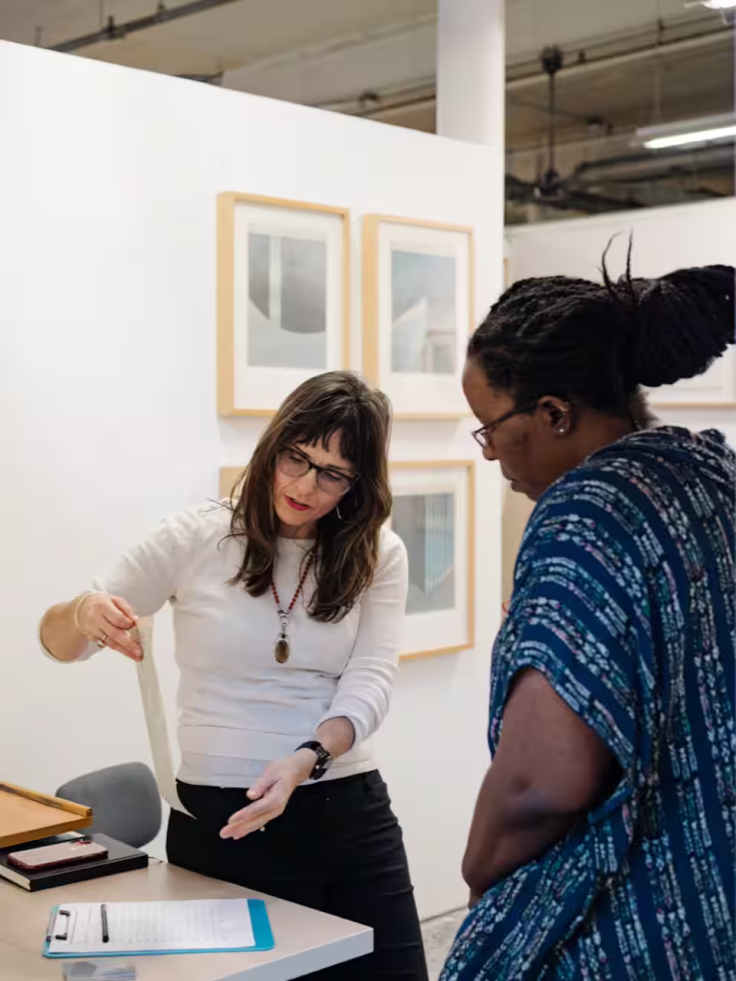
Every December, Art Basel Miami Beach becomes a magnet for art enthusiasts, attracting thousands of international visitors. This year, the event stands out for its artistic and cultural offerings and its impact on the local economy and tourism.
In 2024, private homes managed through platforms like Airbnb have taken center stage, especially in Latino neighborhoods that are shining brighter than ever thanks to the global attention the fair generates.
A Global Tradition That Continues to Evolve
Since its inception in 1970 in Basel, Switzerland, Art Basel has grown into one of the world's most prestigious contemporary art fairs, with editions in Basel, Hong Kong, and Miami Beach. The 2024 Miami Beach edition, taking place this weekend, is marked by a strong focus on inclusion and diversity, led by its new director, Bridget Finn. With 286 galleries from 38 countries, the fair offers an impressive array of works and artists that showcase the richness of contemporary art.
Beyond celebrating creativity, Art Basel also boosts the local economy. The event is estimated to generate between $400 and $500 million annually, solidifying its role as one of Miami's most significant economic drivers.

Airbnb's Role in Art Basel Tourism
During this high-demand week, "Airbnb has played a crucial role in providing unique accommodations and experiences," Carlos Olivares, a spokesperson for the short-term rental platform, told The Latin Times.
Olivares emphasized how the platform offers listings across 65% of Miami's districts, unlike hotels concentrated in specific areas. "This has allowed many Latino neighborhoods to host thousands of visitors from all over the world," he said.
"We want our community to benefit economically by making their homes available to Airbnb users, but also to see it as a way to travel to different destinations, experience art fairs like Art Basel, and more," he added.
According to company data, Airbnb hosts generated nearly $3 million during Art Basel week in 2023. This year, the number could be even higher. Olivares, of Mexican descent, has made it his mission to ensure Latinos are part of this economic boom.
Latino Neighborhoods and Art Basel
Olivares also noted that neighborhoods like Little Havana, Little River, and Coconut Grove have seen a surge in popularity during Art Basel. These areas, with their rich cultural heritage and vibrant Latino communities, have experienced significant increases in accommodation searches:
- Little Havana: 40% increase in searches.
- Little River: 160% increase.
- Coconut Grove: 100% increase.
Little Havana, in particular, offers not just a place to stay but a complete cultural immersion. With its mix of street art, live music, and authentic Latin cuisine, this neighborhood shines as a perfect complementary destination for Art Basel attendees. "The area has experienced a renaissance, and the same is happening in other neighborhoods that celebrate our culture in the city," Olivares noted.

Unique Experiences
Airbnb has gone beyond providing accommodations, offering exclusive experiences that connect travelers with Miami's cultural essence. This year, visitors can enjoy activities such as:
- A behind-the-scenes tour with Bridget Finn, Art Basel's director.
- An immersive dining experience led by chef and culinary artist Caique Tizzi.
- Photography workshops with local artists at the Bakehouse Art Complex.
These experiences enrich the Art Basel visit, deeply connecting travelers with art and culture.
Nearly half of the nights booked on Airbnb for Art Basel 2024 have been made by guests under 30, reflecting the event's continued appeal to younger generations seeking authentic cultural and artistic experiences.

Miami: Art, Culture, and Community
Art Basel positions Miami as a global epicenter for contemporary art and a destination where Latin culture shines. From the murals of Wynwood to the streets of Little Havana, the city offers a diverse canvas that attracts collectors and travelers looking for authenticity.
Through its shared economy model, Airbnb facilitates access to Art Basel and highlights traditionally less touristy neighborhoods, promoting a more inclusive and equitable experience.
© 2025 Latin Times. All rights reserved. Do not reproduce without permission.







